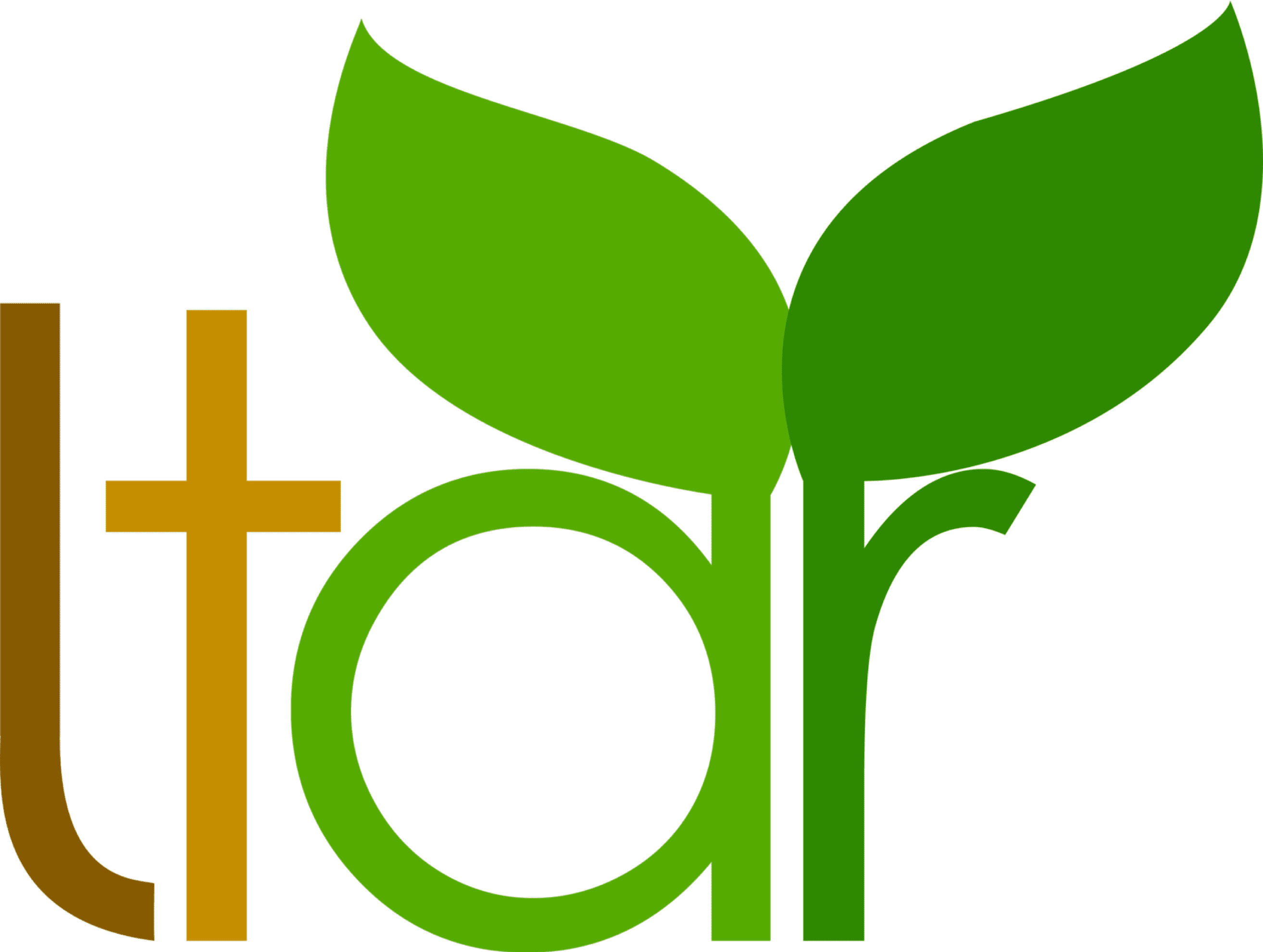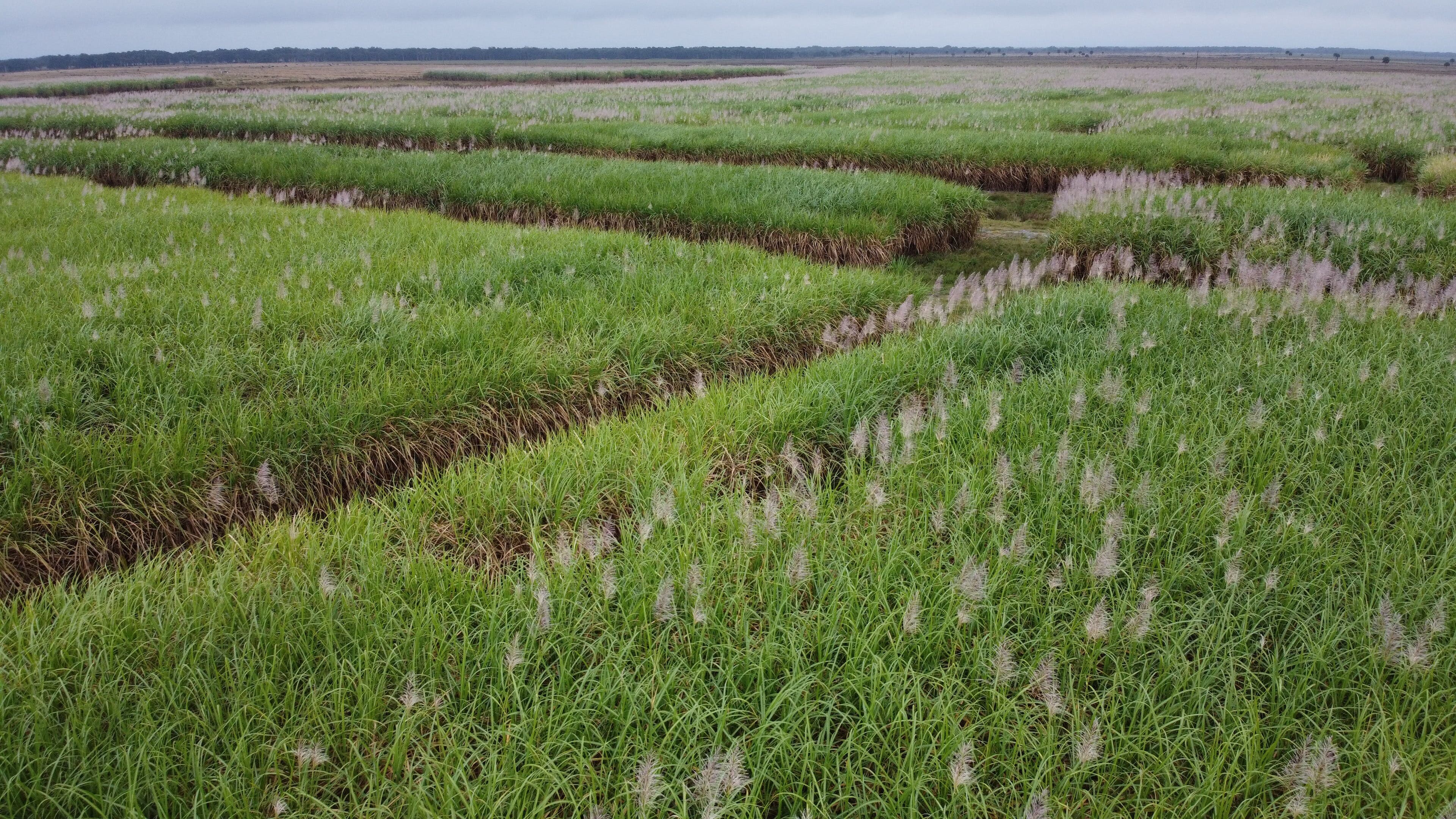
Sugarcane for bioenergy
This is a 10 year-long investigation into the sustainability of sugarcane cultivation when compared to improved pastures measured by biogeochemical cycling, water use and quality.
Sugarcane as a feedstock for bioenergy is gaining traction, without a full lifecycle analysis of it impacts on carbon cycling, soil and water, subsidies might accelerate its production in a fundamentally unsustainable way. Although the dominant bioenergy feedstock, corn is relatively well understood, sugarcane is yet to be studied in a long term, comparative way such as this. It is well known for its photosynthetic and water use efficiency. At Buck Island Ranch, we have maintained a 55-acre plot of intensively cultivated sugarcane that was converted from improved pastures. Here, we have the opportunity to study its productivity, water use, impact on the soil, nutrient and carbon cycling. The data are then compared to that collected from improved and semi-native pastures nearby that have a more extensive land use i.e. cattle grazing, over a 10 year time horizon. The results of this long term study are still unclear as data collection is underway. Many types of data are collected, including eddy flux data from 3 eddy covariance towers measuring the respiration, photosynthetic productivity and decomposition in each of these three land use types.
Major Findings & Impact
Project Details
More about this project
Individual Collaborators
Dr. Nuria Gomez-Casanovas, co-PI, Texas A & M University; Dr. Elena Blanc Bates, University of Illinois; Dr. Carl Bernacchi, USDA ARS; Dr. Evan DeLucia, University of Illinois
Data and Analysis Types
Eddy covariance: ecosystem respiration (CO2 & CH4), Forage production and quality, Soil carbon and nutrients, Soil respiration, Groundwater quality and levels, Agricultural inputs
Primary Location(s)
Buck Island Ranch
Years Active
2016 - Present
Related People
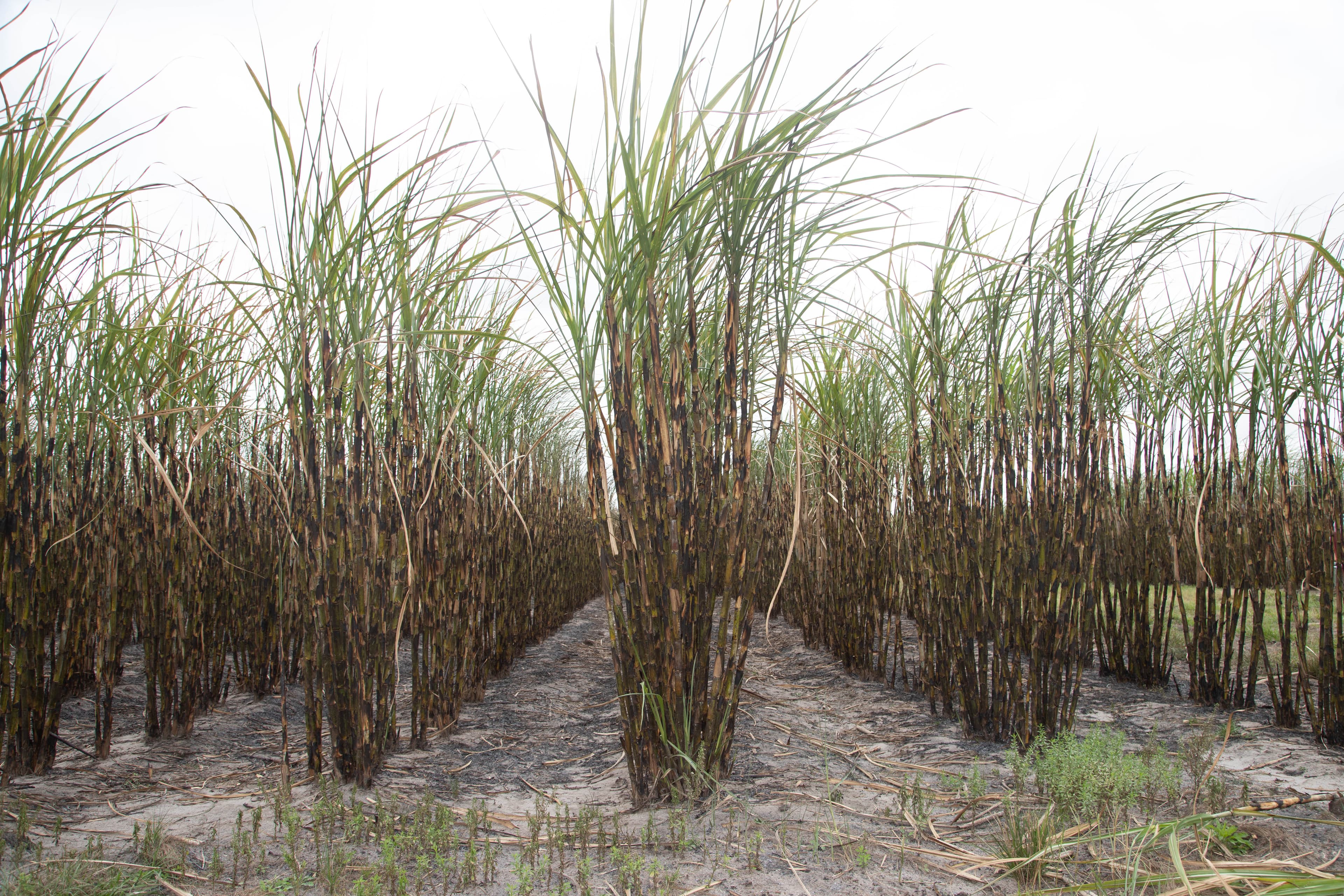
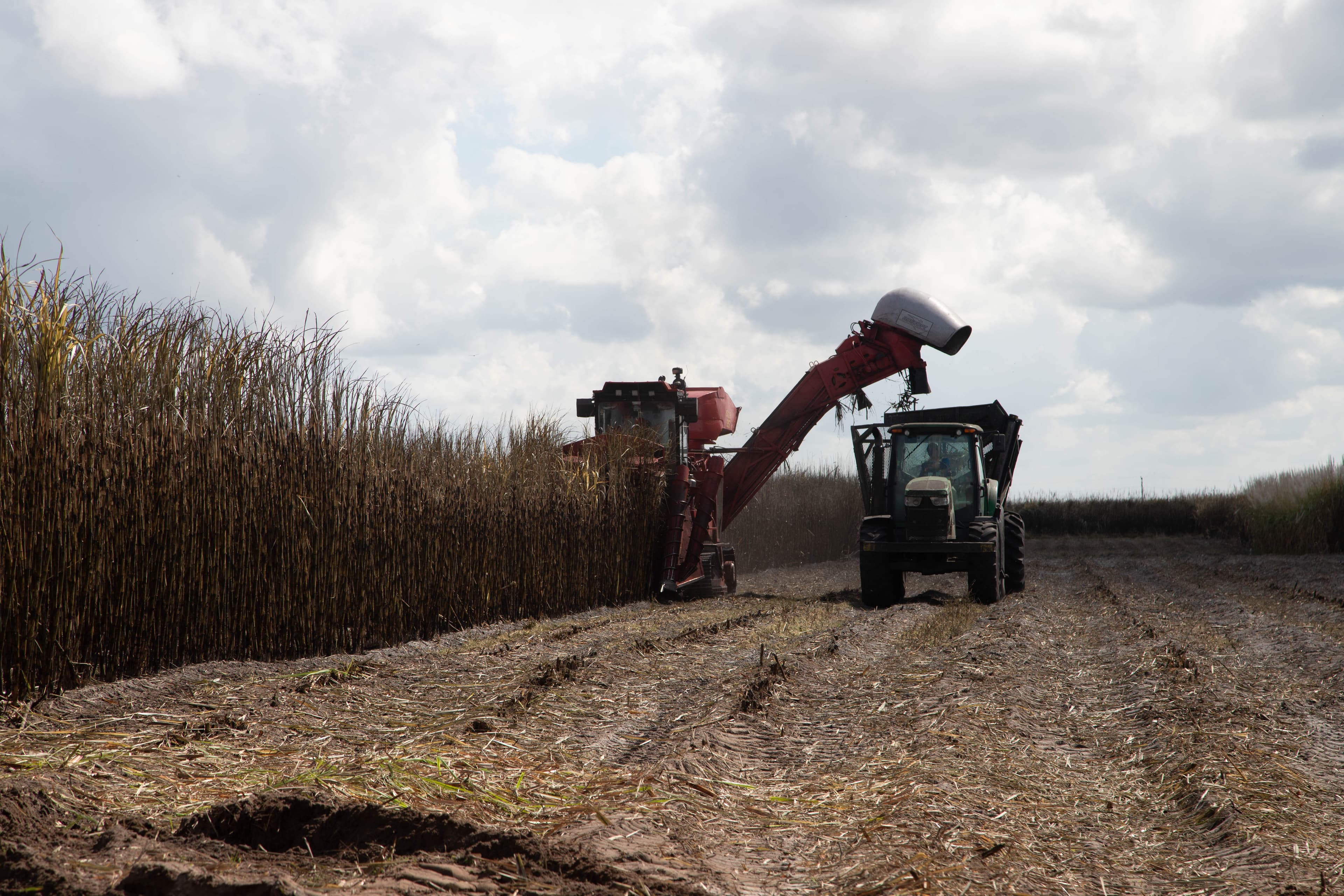
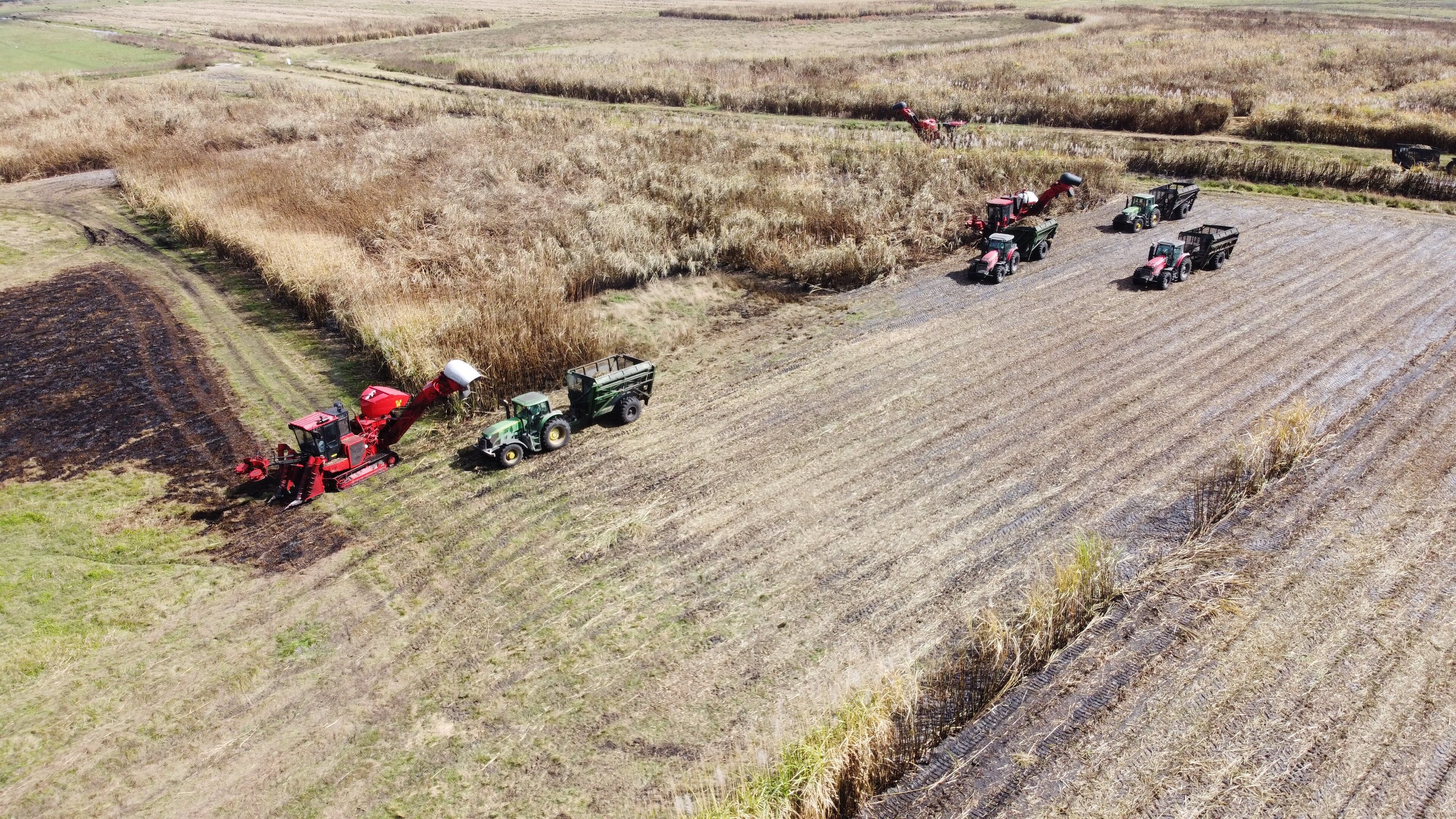
.jpg&w=3840&q=75)
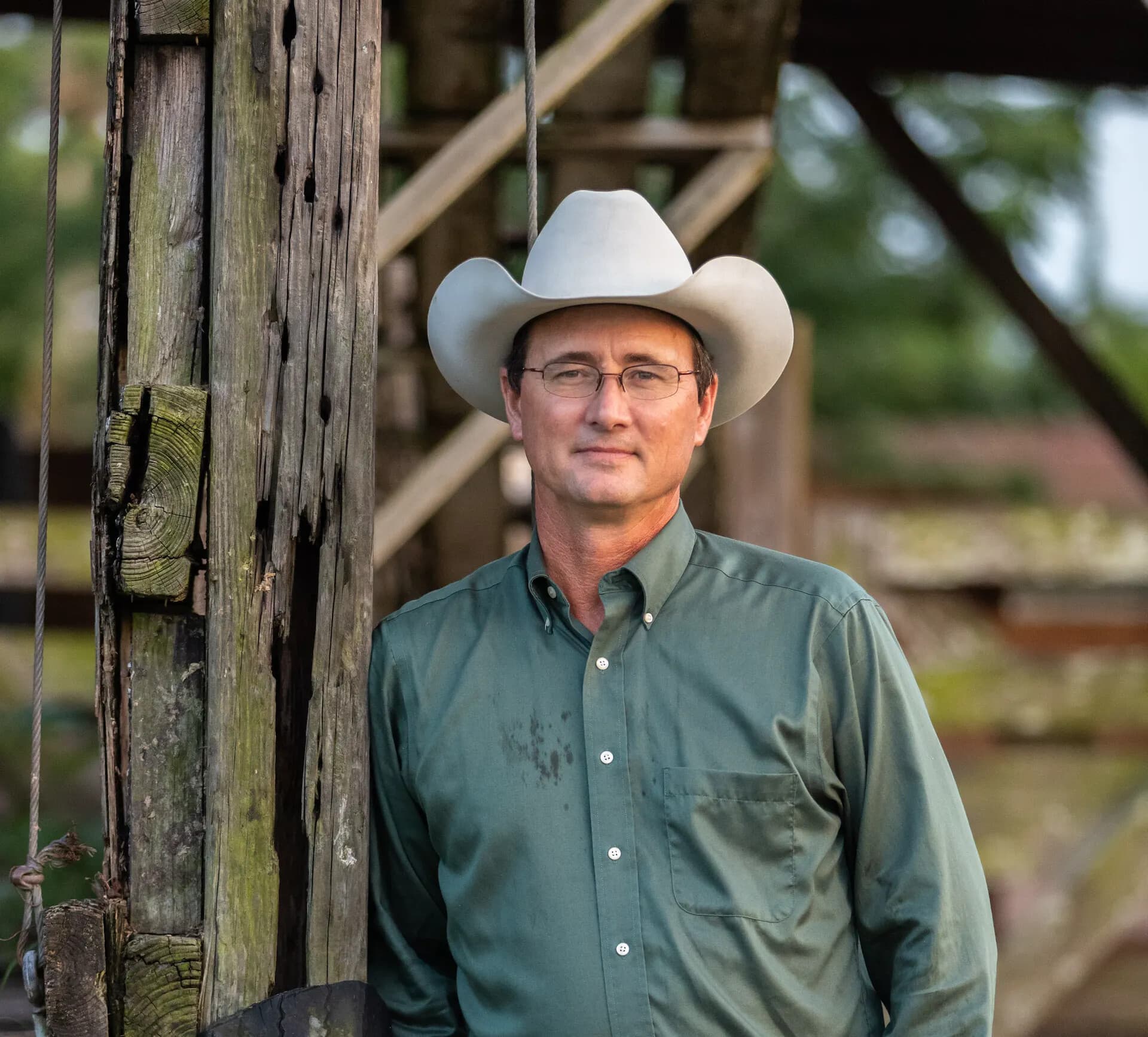


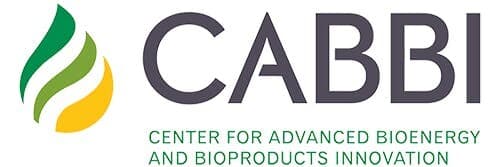
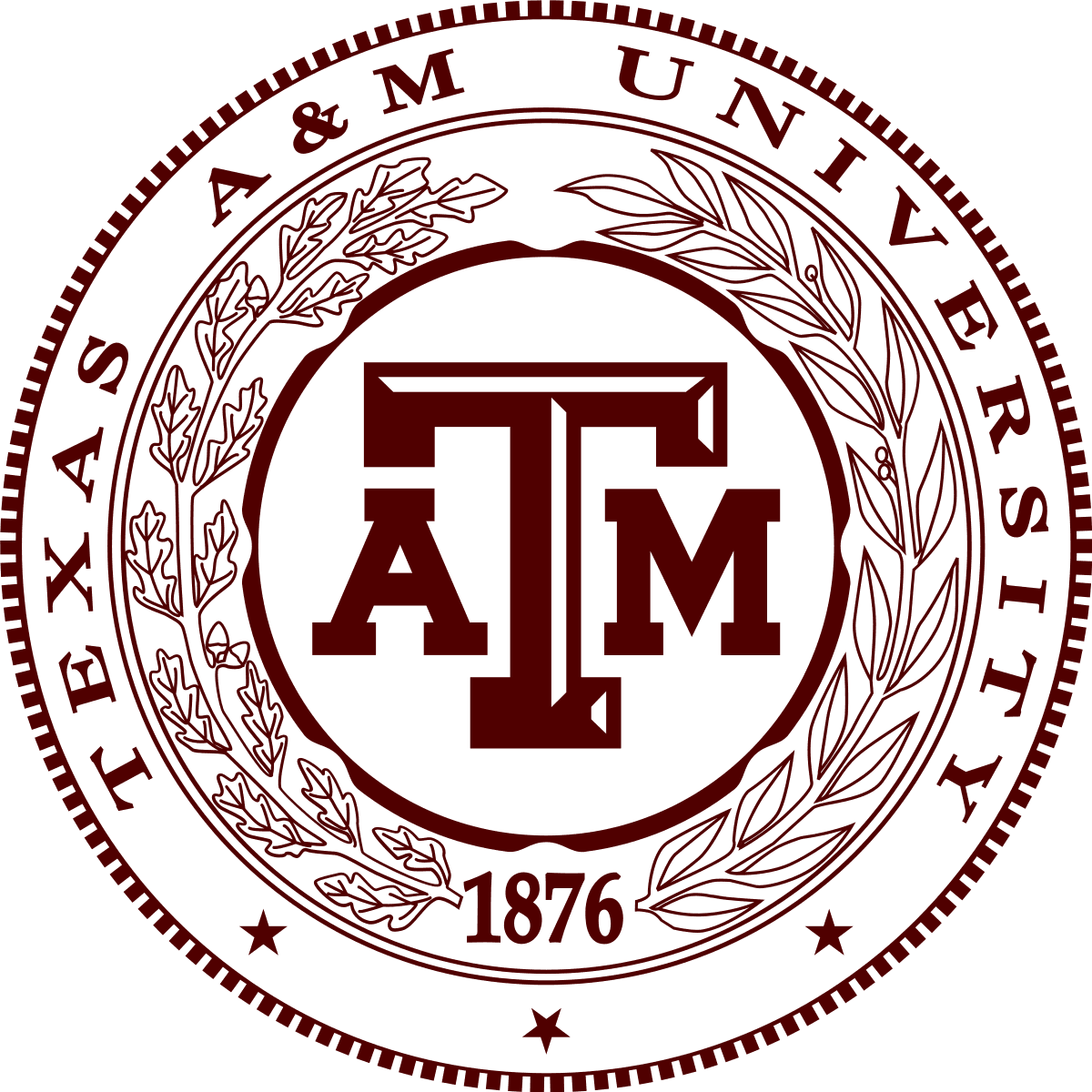
.png&w=3840&q=75)
